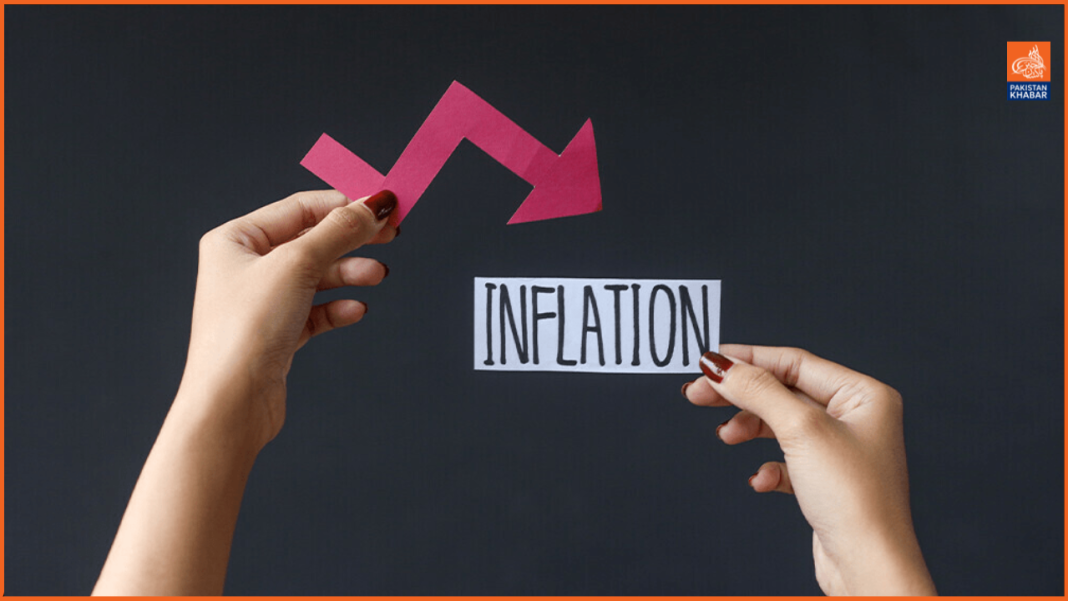The trend of slowing inflation in Pakistan is expected to continue into October, although a slight monthly increase is anticipated, according to a report from Topline Securities released on Friday.
The report predicts that Pakistan’s Consumer Price Index (CPI) for October 2024 will range from 6.5% to 7.0% year-on-year, with a monthly increase of approximately 0.9%. This would bring the average CPI for the first four months of FY25 to 8.6%, a significant drop from 28.5% during the same period last year.
Inflation has been a major and persistent economic issue in Pakistan, particularly in recent years. In May of last year, the CPI inflation rate reached a record high of 38%, but it has been on a downward trend since then.
As of September 2024, Pakistan’s headline inflation was recorded at 6.9% year-on-year, down from 9.6% in August 2024, according to data from the Pakistan Bureau of Statistics (PBS). This CPI reading marks the lowest level since January 2021.
The brokerage firm noted that with inflation expectations for October hovering around 6.5% to 7.0%, “real interest rates are projected to surge to 1050-1100 basis points, significantly exceeding Pakistan’s historical average of 200-300 basis points.” This rise in real rates could support further cuts in the key policy rate.
In its previous meeting, the Monetary Policy Committee (MPC) of the State Bank of Pakistan (SBP) implemented its most aggressive reduction in the key policy rate since April 2020, cutting it by 200 basis points to 17.5% in response to slowing inflation and decreasing international oil prices.
The SBP’s next monetary policy meeting is set for November 4, 2024, where Topline Securities expects a fourth consecutive cut in interest rates, also by 200 basis points. This would bring the total reduction to 650 basis points over the past four to five months.
The brokerage firm projects that the policy rate will decrease to between 13% and 14% by June 2025.
Additionally, the SBP’s recent communication indicated that the average inflation for FY25 is likely to fall below its earlier forecast range of 11.5% to 13.5%. They cautioned that any significant deviation in commodity prices from current levels, such as oil prices at $75 per barrel, could affect inflation estimates.




